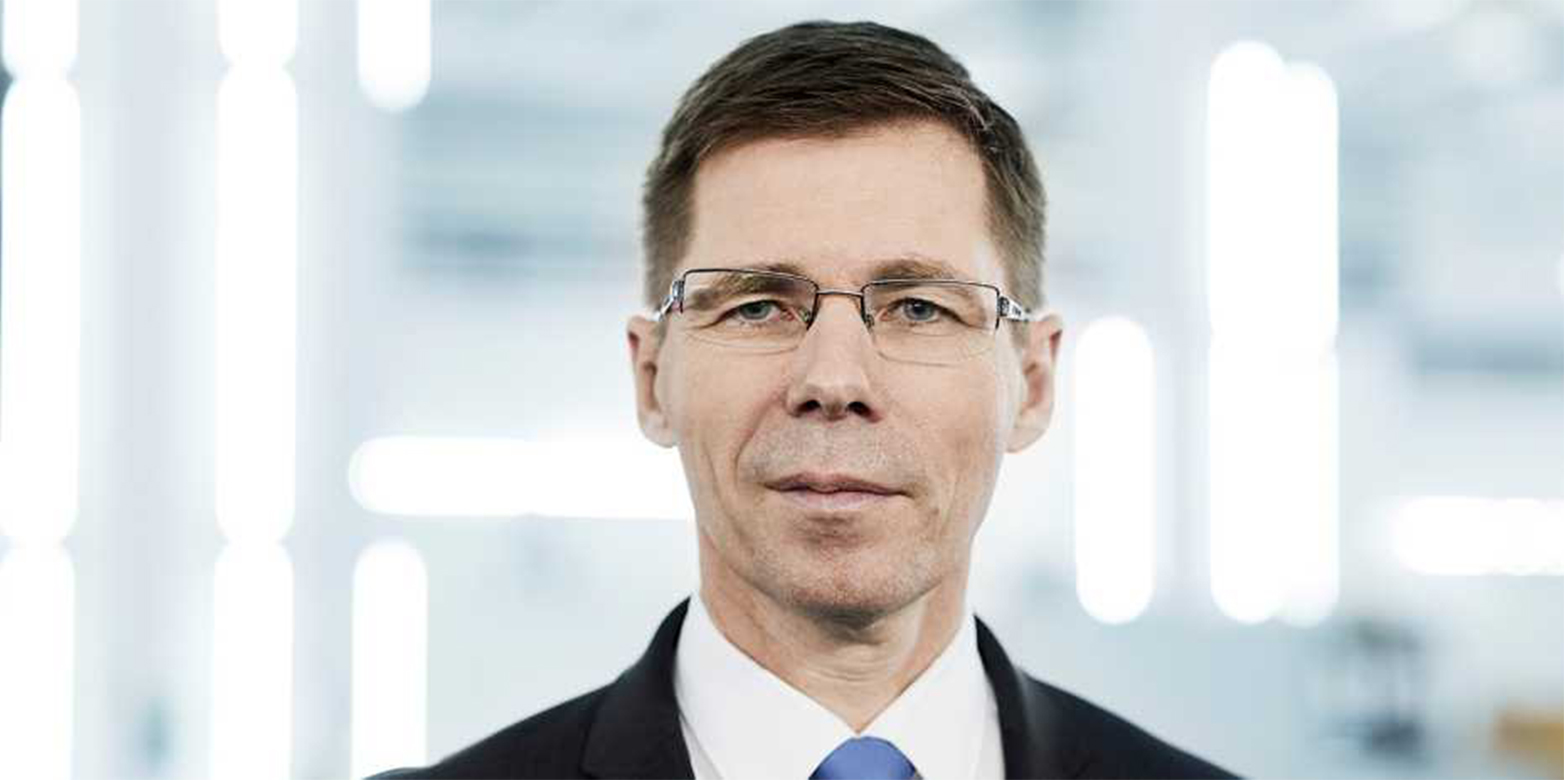“Containing the virus must come before everything else”
ETH Zurich is switching to emergency operations. In this interview, ETH President Joël Mesot explains what this means for research, teaching and work. (Re-post from ETH News)

Joël Mesot, what was the main concern driving the decision to switch to emergency operations?
The greatest concern is the risk of the virus spreading and affecting the health of the general population, and specifically, of course, the health of our ETH members. Containing the virus must come before everything else. Yesterday the Swiss Federal Council declared a state of emergency in response to the epidemic, which then prompted our decision to switch to emergency operations.
What are the concrete measures?
We are reducing to an absolute minimum all activities that require a physical presence at the university. Essentially this means that all ETH members must work from home. As a result of this measure, some 30,000 people will no longer be travelling to ETH premises every day, thus making a valuable contribution to containing the spread of the virus.
Who is still allowed into ETH buildings?
Anyone with a compelling reason to attend the university must have an official exemption. We are currently working on a suitable process for granting permission without unnecessary bureaucracy. The university’s central infrastructure must continue to function, even during emergency operations. Here I’m thinking of our IT services, for example, which are currently under huge pressure. We also need to record lectures, as our goal is to provide all teaching online. In research too, there are some facilities which cannot simply be suspended or controlled remotely. A task force under Detlef Günther is currently drafting the criteria for exemptions. One thing that is clear, however, is that we must drastically cut back our research activity. Despite this, we will not be making any cutbacks in the research projects focused on the coronavirus. On the contrary, we are currently pooling the university’s entire expertise and working flat-out on solutions to a disease that has become humanity’s greatest challenge.
The switch to emergency operations also has serious consequences for students. Although online teaching will fill much of the gap, it will be almost impossible for many Master’s and Bachelor’s students to complete their theses and projects without access to university buildings.
ETH is acutely aware of this. The Rector's office has today issued a directive covering the coronavirus. Our goal is to ensure that all students can successfully complete their studies as normal. But if this requires a physical presence at the university, for example in the laboratory or other workplace, projects already started will have to be suspended. Obviously we will be extending all deadlines so as to ensure that students still have enough time to prepare for their exams.
The current situation is a huge mental strain on everyone. How is ETH addressing this?
We fully understand that some people may be finding this situation hard to cope with. And we don’t know yet how we will all be affected by the isolation when working from home. The university will therefore be exploring ways of expanding the psychological support it offers members. At the moment, however, the most important thing is for us to be supportive of each other – both in our private and professional lives. We absolutely have to stick together. The response I have seen so far from the ETH community makes me very optimistic – and also proud. On all sides I can sense the commitment to work together to overcome this challenge. In this respect, I would like to give my sincere thanks to everyone for their commitment and continuing support in these difficult times.